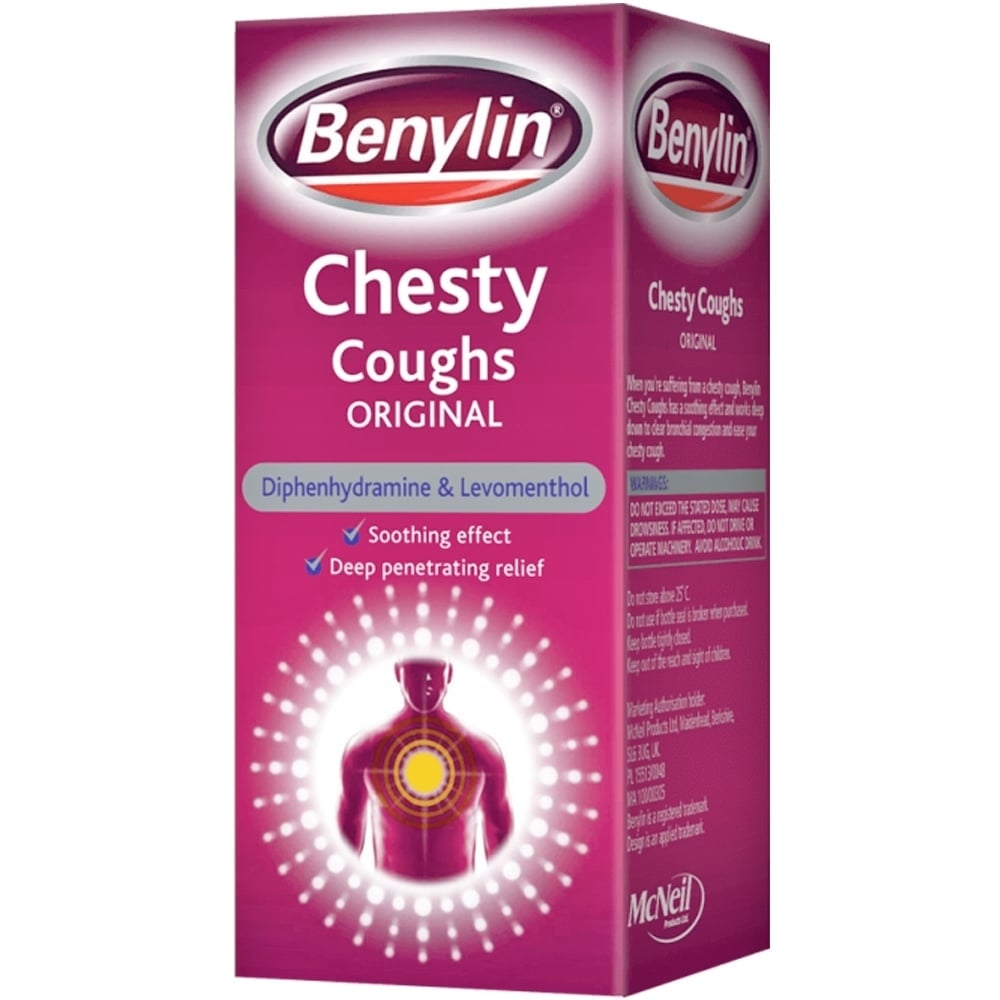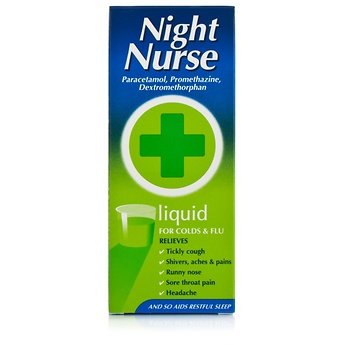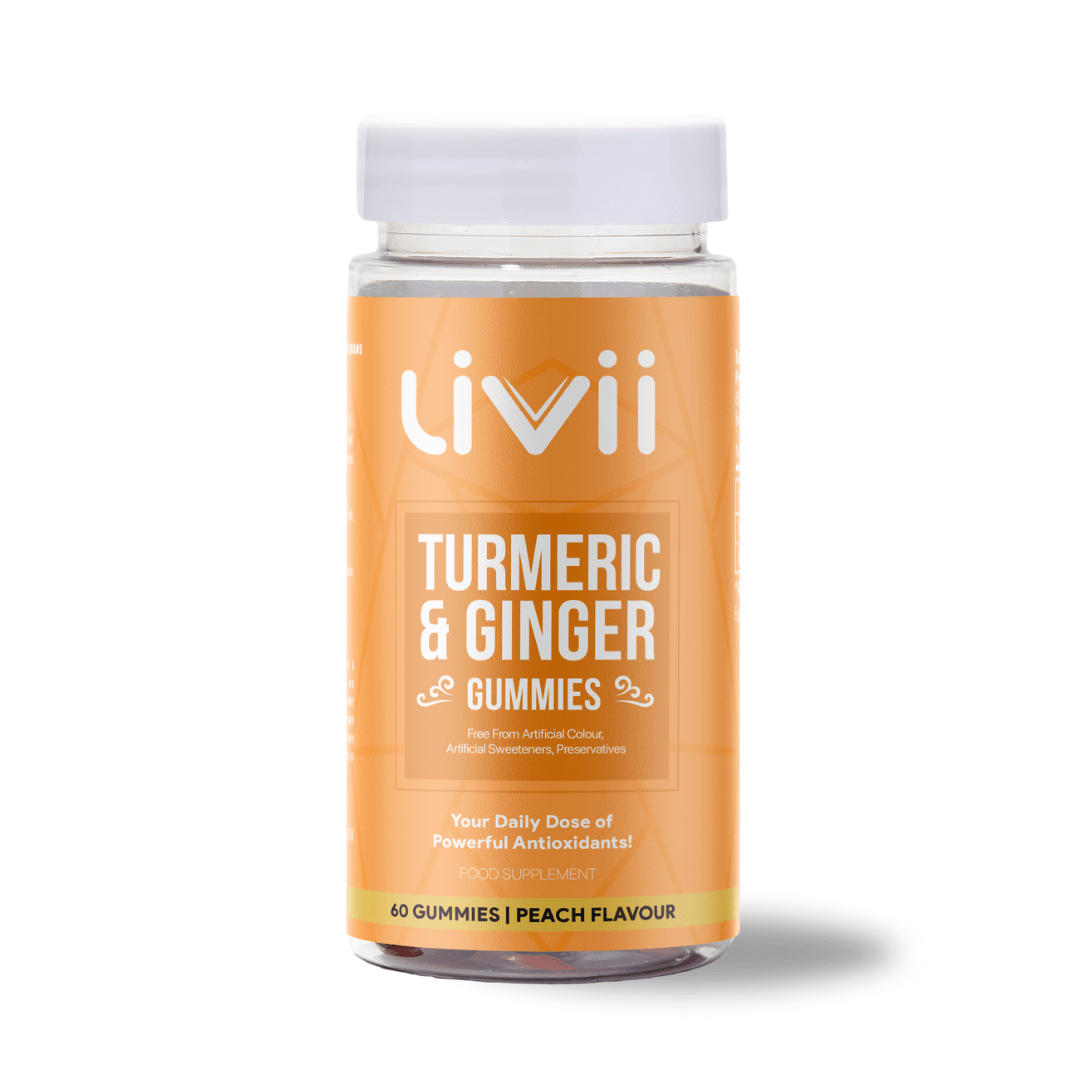Stress and anxiety are natural responses to the challenges and uncertainties of life. While some level of stress can be beneficial, helping us stay alert and motivated, chronic or overwhelming stress can negatively impact mental and physical health. Anxiety, similarly, can manifest as persistent worry or fear that interferes with daily functioning. In this comprehensive guide, we explore effective methods for reducing stress and anxiety, fostering a sense of well-being, and promoting resilience.

Understanding Stress and Anxiety
Before addressing ways to reduce stress and anxiety, it is important to understand their nature and causes. Stress typically arises from external pressures such as work, relationships, financial issues, or health concerns. It can also be triggered by major life events, both positive (e.g., marriage, new job) and negative (e.g., loss, illness). Anxiety, on the other hand, often stems from internal factors like negative thinking patterns, uncertainty about the future, or chemical imbalances in the brain.
Common symptoms of stress and anxiety include:
- Persistent worry or fear
- Muscle tension and headaches
- Fatigue and sleep disturbances
- Irritability or mood swings
- Difficulty concentrating
- Digestive issues
Recognizing these symptoms is the first step toward managing them effectively.
Lifestyle Modifications to Reduce Stress and Anxiety
- Regular Exercise
Physical activity is one of the most effective ways to combat stress and anxiety. Exercise releases endorphins, often referred to as “feel-good hormones,” which help improve mood and reduce tension. Activities like walking, jogging, swimming, yoga, and dancing can be particularly beneficial. Aim for at least 30 minutes of moderate exercise most days of the week. - Healthy Diet
Nutritional choices play a significant role in mental health. A balanced diet rich in fruits, vegetables, whole grains, and lean proteins can enhance mood and energy levels. Avoid excessive caffeine, alcohol, and sugar, as these can exacerbate anxiety. Incorporating omega-3 fatty acids (found in fish, flaxseeds, and walnuts) and magnesium-rich foods (like spinach and almonds) may help reduce anxiety symptoms. - Adequate Sleep
Quality sleep is essential for emotional regulation and cognitive function. Poor sleep can increase vulnerability to stress and anxiety. Establish a regular sleep routine by going to bed and waking up at the same time each day. Create a calming bedtime environment, limit screen time before bed, and avoid large meals or stimulants late at night. - Mindfulness and Meditation
Mindfulness practices, such as meditation, deep breathing exercises, and guided imagery, can significantly reduce stress and anxiety. These techniques help anchor the mind to the present moment, reducing rumination and promoting relaxation. Even just 10-15 minutes of daily meditation can lead to noticeable improvements over time. - Time Management and Organization
Feeling overwhelmed by responsibilities can heighten stress. Effective time management can help alleviate this burden. Prioritize tasks, break large projects into smaller steps, and set realistic deadlines. Learning to say no and delegating tasks can also prevent burnout. - Social Support and Connection
Strong social connections act as a buffer against stress. Spending time with family, friends, and supportive peers can provide comfort and perspective. Don’t hesitate to seek support or share your feelings with someone you trust. Engaging in social activities, volunteering, or joining clubs can help build new connections.
Cognitive and Emotional Strategies
- Cognitive Behavioral Techniques
Cognitive Behavioral Therapy (CBT) is a widely used approach for managing anxiety and stress. It involves identifying negative thought patterns and replacing them with more balanced, constructive ones. Practicing gratitude, positive affirmations, and journaling can help shift focus away from stressors. - Breathing Exercises
Controlled breathing techniques, such as diaphragmatic breathing and the 4-7-8 method, can activate the body’s relaxation response. When feeling anxious, try inhaling deeply through the nose for four seconds, holding the breath for seven seconds, and exhaling slowly for eight seconds. Repeat this cycle several times. - Progressive Muscle Relaxation (PMR)
PMR involves tensing and then relaxing different muscle groups, promoting physical and mental relaxation. This technique can be particularly helpful for reducing physical symptoms of anxiety and improving sleep. - Limiting Media Consumption
Constant exposure to negative news or social media can heighten stress levels. Set boundaries on media consumption and designate specific times to check news or social platforms. Choose uplifting or inspiring content to cultivate a positive mindset.

Professional Help and Therapy
- Therapy and Counseling
For individuals experiencing persistent or severe anxiety, seeking professional therapy can be transformative. Therapists can provide coping strategies, offer a safe space to process emotions, and guide patients in developing resilience. - Medication
In some cases, medication may be necessary to manage anxiety. Antidepressants, anti-anxiety medications, and beta-blockers can be prescribed to help regulate symptoms. Medication should always be taken under the guidance of a healthcare provider. - Holistic and Alternative Therapies
Complementary therapies like acupuncture, massage therapy, aromatherapy, and herbal supplements may provide additional relief from stress and anxiety. Practices such as tai chi and qigong also blend physical movement with mindfulness, promoting relaxation.
Creating a Balanced Lifestyle
Reducing stress and anxiety involves adopting a holistic approach to life. It’s important to find joy in hobbies, pursue interests, and engage in activities that bring fulfillment. Taking breaks, spending time in nature, and practicing self-compassion are crucial for maintaining balance.
- Engaging in Creative Activities
Creative outlets such as painting, writing, playing music, or crafting can serve as effective stress relievers. These activities foster a state of flow, where the mind becomes absorbed in the present moment. - Spending Time Outdoors
Nature has a calming effect on the mind and body. Whether it’s hiking, gardening, or simply walking in a park, connecting with nature can lower stress hormones and improve mood. - Laughter and Joy
Laughter reduces stress by releasing endorphins and relaxing muscles. Watch comedies, spend time with lighthearted friends, or engage in playful activities to infuse more laughter into your life. - Setting Realistic Goals
Avoid the pressure of perfectionism by setting achievable goals. Recognize progress, celebrate small victories, and be kind to yourself during setbacks.

Conclusion
Reducing stress and anxiety is a continuous journey that involves making conscious lifestyle changes, developing healthy coping mechanisms, and nurturing mental and emotional well-being. By integrating these strategies into daily life, individuals can cultivate resilience, enhance their quality of life, and navigate challenges with greater ease. Remember that it’s normal to experience stress and anxiety from time to time, but with the right tools and support, managing them effectively is entirely possible.
________
Disclaimer: Health articles on medical conditions are for information only and do not form a basis for diagnosis. We recommend that if you have any concerns, speak to your doctor or pharmacist for further help and guidance.








